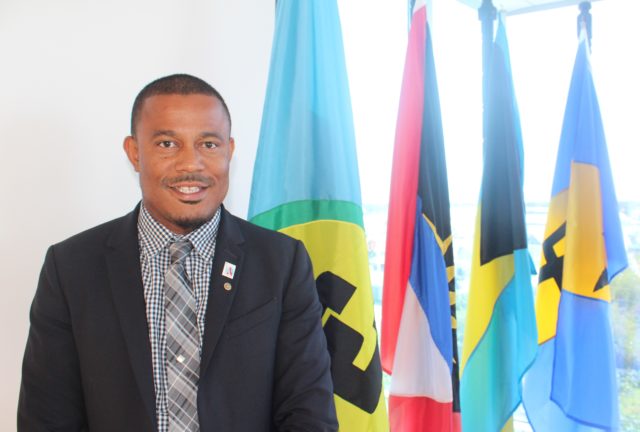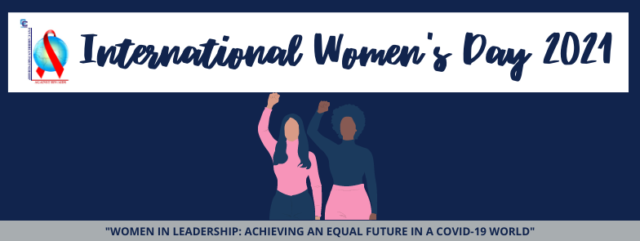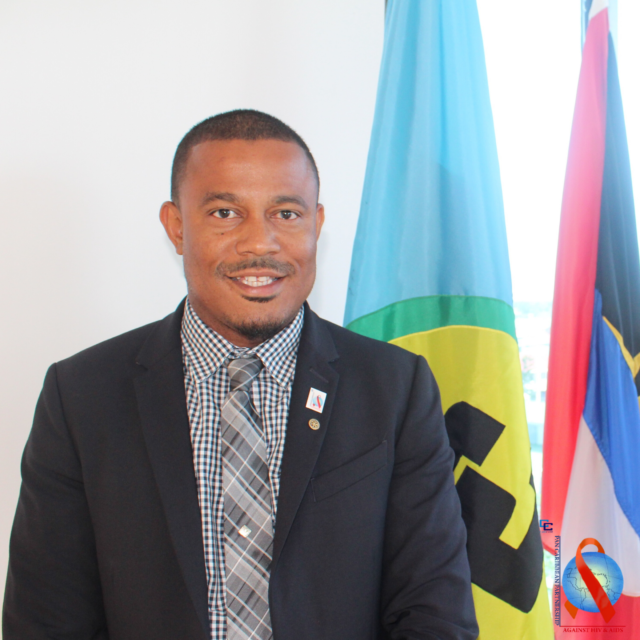HIV programmes in the Region faced numerous challenges. These include social issues confronting the disease and the lack of human resources. The ongoing COVID-19 Pandemic surely did add to these challenges by causing funding to be directed from disease areas such as HIV to the Pandemic response, disrupting care and treatment services and exacerbating stigma and discrimination, especially against Key Populations and other vulnerable groups.
Despite these challenges, National AIDS Programmes and Civil Society Organizations (CSOs) recognized very early that the Pandemic could derail progress and undo the gains that we have made over the years.
Through collaboration with PANCAP and other Key Partners, National Programmes implemented a strategic approach to ensure that any disruptions from the Pandemic would be minimized and HIV remained relevant during this period.
This strategic approach aims to ensure the continuity of services during the Pandemic. This included supporting National Programmes with Personal Protective Equipment (PPE) and other protective measures to safeguard both providers and users of the system to continue delivering services.
The strategy included placing Key Populations and vulnerable groups at the centre of the response. Many services offered during the Pandemic ensured that these services met the needs of key populations and most at-risk groups.
The strategy also ensured that the Region embraced new and innovative approaches to respond to the HIV epidemic. For example, HIV self-testing was piloted as an approach to fill testing gaps created because of the Pandemic. The Region has also experienced a scale-up of Pre-exposure prophylaxis (PrEP) in some countries.
Despite all of the challenges, National Programmes and CSOs have demonstrated resilience and will continue moving forward, keeping an eye on the goal of ending AIDS in the Region by 2030.




